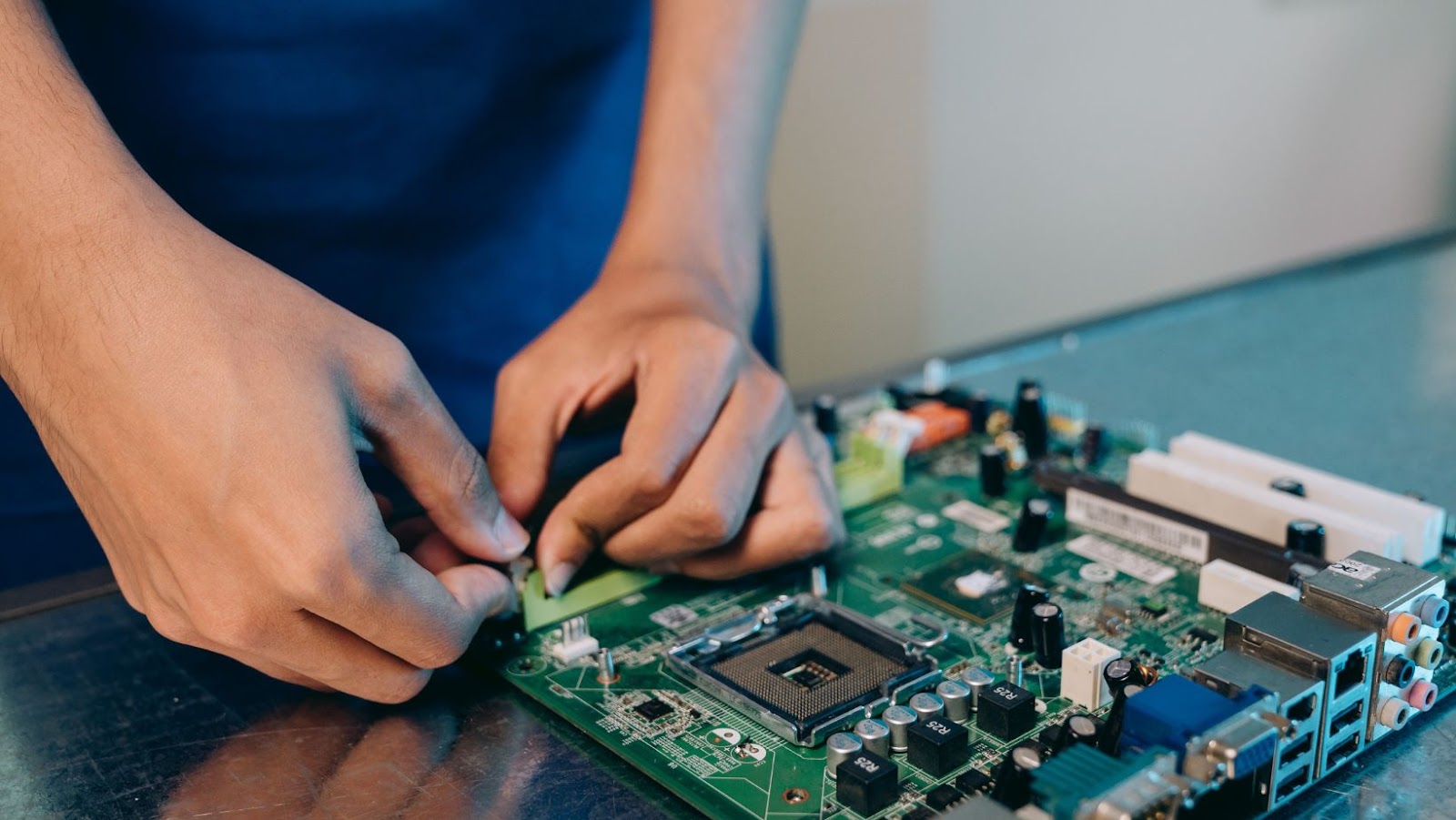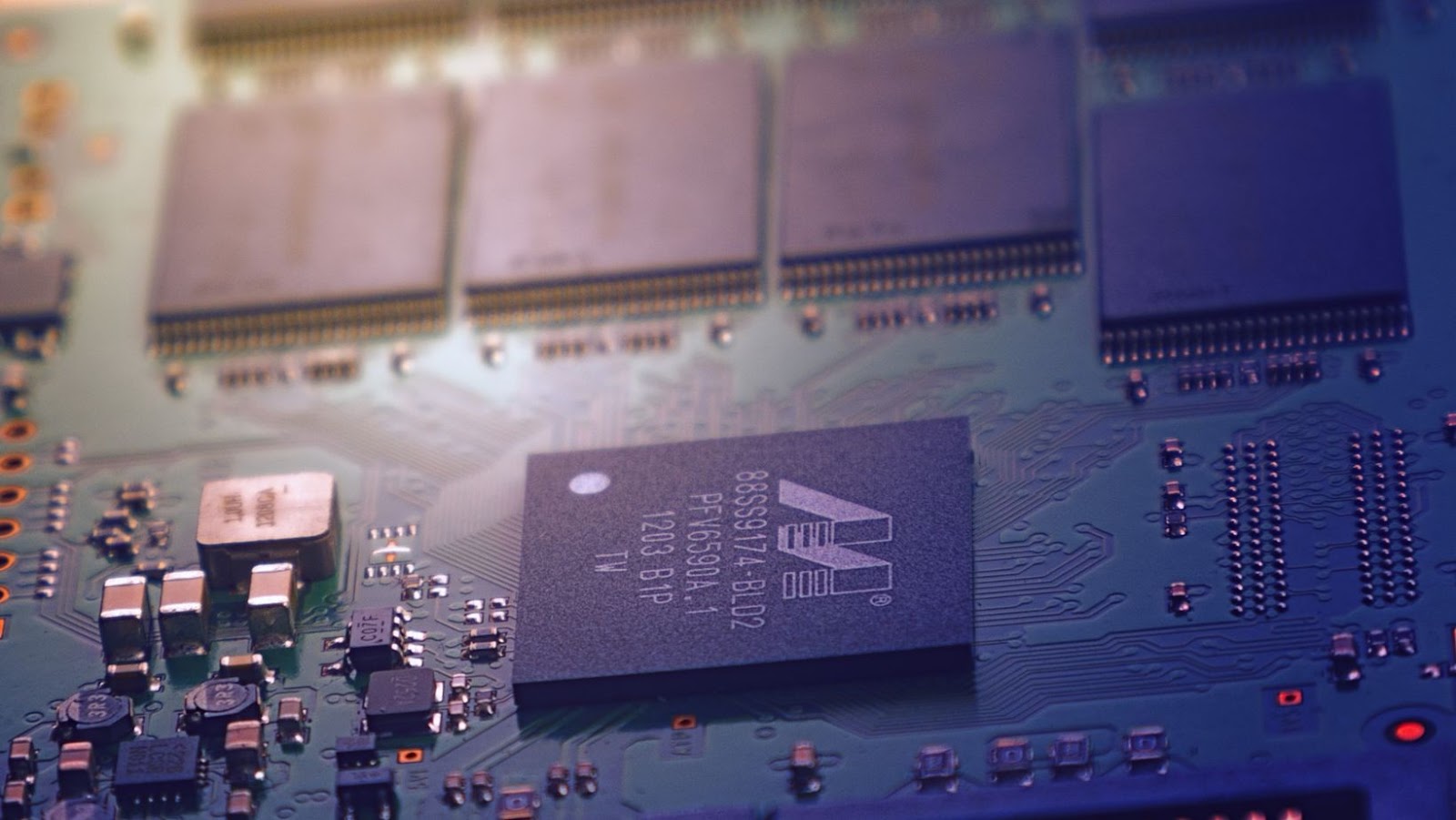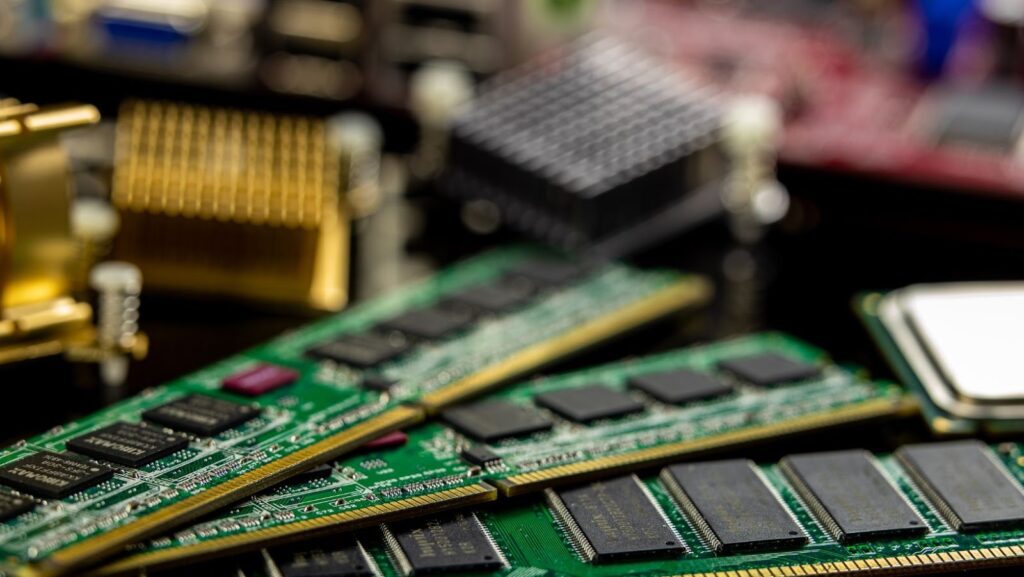European Union competition regulators are investigating NVIDIA’s planned purchase of chipmaker ARM Holdings in a deal that could be worth up to $54 billion. NVIDIA, the world’s top maker of graphics chips, submitted the takeover to EU officials on Tuesday. The European Commission is now looking into whether the proposed merger will create barriers to competition in the semiconductor industry and cause harm to consumers.
The news of the investigation is a setback for NVIDIA, which has been trying to complete its acquisition of ARM since last year when it announced plans to buy the chipmaker that licenses its designs widely used in mobile devices and other electronics. This would give NVIDIA access to one of the most important technologies for powering modern computing devices, as well as an opportunity to expand into artificial intelligence-based hardware and services.
The European Commission is concerned that by controlling ARM, NVIDIA may be able to restrict access by rival chipmakers, who also use ARM technology in their products like smartphones and tablets. The Commission has expressed particular concern over how this could affect companies that rely on components manufactured using ARM-designed technology such as Apple Inc., Qualcomm Inc., Samsung Electronics Co., and Huawei Technologies Co.
Overview of antitrust regulations in the EU
The European Union (EU) has quite stringent competition rules concerning anti-trust regulations, due to the EU’s goal of promoting a healthy market economy and protecting consumers from anti-competitive practices. Under several fundamental rules, the EU does not permit any company to acquire or analyze control over another company where this could lead to limited choice for customers and higher prices for goods or services. The acquisition of semiconductor firm ARM Holdings by U.S.-based Nvidia, which is worth $54 billion, is one notable example.
The EU Commissioner for Competition has opened an in-depth investigation into the proposed acquisition, due to concerns that it could significantly reduce competition in central processing unit (CPU) and graphic processing unit (GPU) markets as well as making it harder for competitors to compete with both companies on these markets. The Commission is also concerned that limiting access to ARM’s technological innovation would harm a large number of next-generation products and services being developed around the world.
The Commission must make a decision by early 2021 on whether the transaction will have an adverse impact on competition within any internal market(s). If so, the merger may be prohibited, altered or even made subject to certain conditions in order to preserve healthy market conditions in Europe. This puts a significant potential roadblock and potential setback before Nvidia’s proposed $54 billion bid which is set up as an all-cash purchase agreement between Nvidia and SoftBank Corporation who are currently ARM Holding’s owners, though no definitive purchase price has been released yet.
Setback for Nvidia’s $54 bln ARM bid as EU regulators open probe
Nvidia’s $54 billion bid for ARM, a popular chip designer, has been set back as European Union regulators have opened a probe into the company’s plans.

The European Commission has launched a four-month investigation into the proposed takeover, citing concerns about how the global tech giant’s acquisition of ARM would affect competition in the chip industry.
This blog post will discuss the reasons behind the European Commission’s investigation and its possible implications.
The potential implications of the acquisition
The proposed acquisition of ARM by Nvidia has raised serious concerns among European Union regulators that it could hurt the competition in the chip market. The regulators are now launching a full-scale investigation of the deal and its potential implications for consumers and the industries around it.

This could potentially be a major setback for Nvidia’s planned $54 billion deal, as EU antitrust concerns are one of the largest hurdles to gaining merger clearance under European Commission (EC) rules.
The major issue that EU regulators have taken with the acquisition is that they’re worried ARM will gain too much control over essential technologies used in microprocessors, including central processing units (CPUs), graphic processing units (GPUs), and artificial intelligence (AI) chips. This would enable them to keep rivals out of the market or even create a new one that they would dominate. As such, they fear it will lead to higher prices and less choice for consumers, as well as reduced innovation from competing vendors due to lack of adequate access to ARM technology.
To ensure fair competition and consumer protection remain in place after any potential deal goes through, both EC and UK authorities have opened up several probes into different aspects of Nvidia’s proposed purchase. This may take some time before any conclusions are reached about this complex matter but it does present an interesting opportunity for regulators to investigate some important issues.
Concerns raised by the European Commission
The European Commission has opened an in-depth investigation into the proposed merger of American chip giant Nvidia and British semiconductor firm ARM. The Commission is concerned that the €44 billion ($53.5 billion) deal could lead to reduced competition in areas such as computer graphics processors and system on chips (SoCs) used for autonomous vehicles, machine learning, robotics, or even smartphones and tablets.

The Commission’s initial assessment raised concerns about Nvidia gaining access to ARM’s valuable intellectual property rights that may lead to a significant impediment of effective competition in European Integrated Circuit card industry, computer graphics processors market, among others. The European Commission also found that the transaction may reduce innovation incentives and cause non-coordinated effects between competing SoC developers leading to vertical foreclosure situation in downstream markets.
The companies have offered certain commitments designed to address the Commission’s competition concerns which are now subject to market testing with customers, competitors and other elements of the supply chain. Pendancing a customer feedback there could be some remedies/commitments for unconditional clearance or Annex II/III conditions governing approval of this transaction by EU regulators so as clear any anti-trust concerns without creating major hindrances thereof.
Antitrust probe and its consequences
Nvidia’s announcement to acquire the British chip company ARM Holdings is facing a roadblock in the form of a new antitrust probe. The European Union (EU) regulators have launched a full-scale probe into Nvidia’s $54 billion bid for ARM, raising questions on the legality of the deal.
While the matter is being investigated, this is a major setback for Nvidia and its plans for ARM. The following sections discuss the antitrust probe, its consequences and the impact of the same on the deal.
The scope of the investigation
The scope of the European Union’s antitrust investigation into Nvidia’s $54 billion bid for British chip designer, ARM appears to be broad. The probe will assess whether Nvidia’s acquisition could harm competition from semiconductor makers and attempt to determine if the introduction of ARM’s products modified in Nvidia’s image would tip markets and raise prices.
The European Commission will consider whether other rivals are less capable of competing and whether that would lead to higher prices or lower quality products. It will also analyze how the deal might change access to “essential services,” such as chip production support, software platforms, and development tools.
The investigation is expected to reach a conclusion in February 2021, a delay that could significantly limit any plans Nvidia had for quickly integrating ARM into its business following the acquisition. In addition, there has been speculation that should the European Union’s investigation derail Nividia’s proposed deal, ARM may instead become part of Japanese technology giant SoftBank or US tech firm Intel.
Potential remedies
The European Commission has recently opened an in-depth probe into Nvidia’s proposed $54 billion takeover of chip designer ARM Holdings, due to the potential antitrust implications of the deal. The Commission will assess whether the merger would reduce competition in technology markets for graphics processing units (GPUs) and other components that are used to power mobile devices and supercomputers.
The European Commission will examine potential remedies, including a number of conditions that it may impose on both parties if it clears the merger. These could include measures to ensure continued competition from ARM’s competitors, restricting Nvidia’s ability to access key technologies or intellectual property rights or even requiring Nvidia to divest certain parts or all of ARM.
The remedies imposed by the Commission could require the merging companies to take specific actions before they can proceed with integration plans and could limit their ability to use price discrimination. It is important for both companies to understand how any potential remedies will affect their operations before they proceed further with their merger plans.
It is also possible that regulators may ultimately decide that a remedy cannot be found and block legal clearance for the transaction altogether. This would be a major setback for both companies and stain their respective reputations as innovators in their respective fields.
tags = Nvidia’s $54 bln ARM bid, EU regulators, Nvidia, EU investigation, EU antitrust investigation, nvidia european arm oct.whitebloomberg, chip designer


More Stories
Cosakavaz: Leading Innovation in Smart Home, Wearables & Sustainable Technology
Yularisfibrilz: The Game-Changing Tool Boosting Productivity by 30%
Oticon Domes: Comfort and Clarity for Your Hearing Aids